Mandarin Red Essential Oil Organic is derived from Citrus reticulata. The oil is produced from ripe, deep red mandarin peels. Growing areas are mainly in Italy and Spain and also in Mediterranean microclimates where lots of sun and cool nights alternate. That contrast gives the typical sweet-fresh, almost “juicy” aroma profile. You can smell the difference from unripe green tangerine right away. Red is rounder and softer.
How it is made
The oil is obtained by cold-pressing the fresh peel. Mechanical pressing, then separating oil and juice. This gentle method keeps the top notes intact. For specific uses, there are also folded varieties that are more fragrant, although this is not always necessary. Steam-distilled mandarin occurs, but rarely, and smells more neutral. Cold-pressed remains the finest choice if you want that sparkling citrus elevator.
Uses and applications
In aroma blends, mandarin is known for tranquility and optimism. It’s one of those oils that makes a space friendly without being overpowering. Great for evening routines, children’s rooms and focus moments that don’t require a sharp citrus kick. Practical Tip. Work low in dosage and build up. Tangerine is a distinct top note. A few drops in a diffuser for a room of about 12 sq. ft. is often enough.
Tangerine Red in soaps and cosmetics
In skincare and bodycare, mandarin lends a soft, fruity freshness. Ideal in cleansers, mild scrubs and body lotions where you seek cheerfulness without being sugary sweet. In cold process soaps, top notes can dissipate more quickly. Therefore, anchor with litsea cubeba, benzoin or a little cedar, for example. Concrete example. A batch of 1 kg of handmade soap with mandarin red and a hint of vanilla still smells recognizably warm-fresh after four weeks of curing. In leave-on formulas formulate soberly, in rinse-off it can be a little more generous. Always test the final scent in the real product.
In candles and home perfume
Tangerine gives quick diffusion in candles, fragrance sticks and room sprays. Beautiful in a living room where you want an immediate “fresh start,” without a sharp edge. In candles, mandarin works well with vanilla, cedar, vetiver or bergamot for depth and stability. Guideline from practice. A 180 g soy wax candle with around 6 percent total fragrance percentage, blend of tangerine, cedar and a dash of vanilla, gives a neat throw that remains friendly. In cream sprays, a combination with neroli or grapefruit is elegant and bright.
Features and benefits
-
Aroma. Sweet-citrus, juicy, round and slightly floral.
-
Experience. Restful, upbeat, pleasantly “sunny.”
-
Performance. Strong top note, quick projection, well controlled with wood and soft florals.
-
Chemical profile. Naturally rich in limonene, with γ-terpinene and traces of myrcene rounding out the warm fruit tone.
Sounds simple, but it is precisely this gentle brightness that makes Mandarin Red so useful in perfume, cosmetics, soap and interior fragrance.
Quality and safety
Always dilute before skin use and do a patch test first. Avoid contact with eyes. Do not use internally. Cold-pressed citrus oils may contain traces that react sensitively under sunlight. Mandarin is known to be low risk for phototoxicity. Still, formulate wisely and follow common safety guidelines for each product category. Store cool and dark and preferably work with fresh oil. Oxidation dampens freshness and may increase the likelihood of sensitivity.
Why choose organic
Organic cultivation avoids synthetic pesticides and supports soil health and biodiversity. That yields clean, transparent origins and a fragrance profile you can use consistently in recipes. Whether you’re developing a gentle body lotion, a handmade CP soap or a cream spray that should instantly say “sunny fresh.” Mandarin Red Essential Oil Organic fits logically into a modern, natural product line.

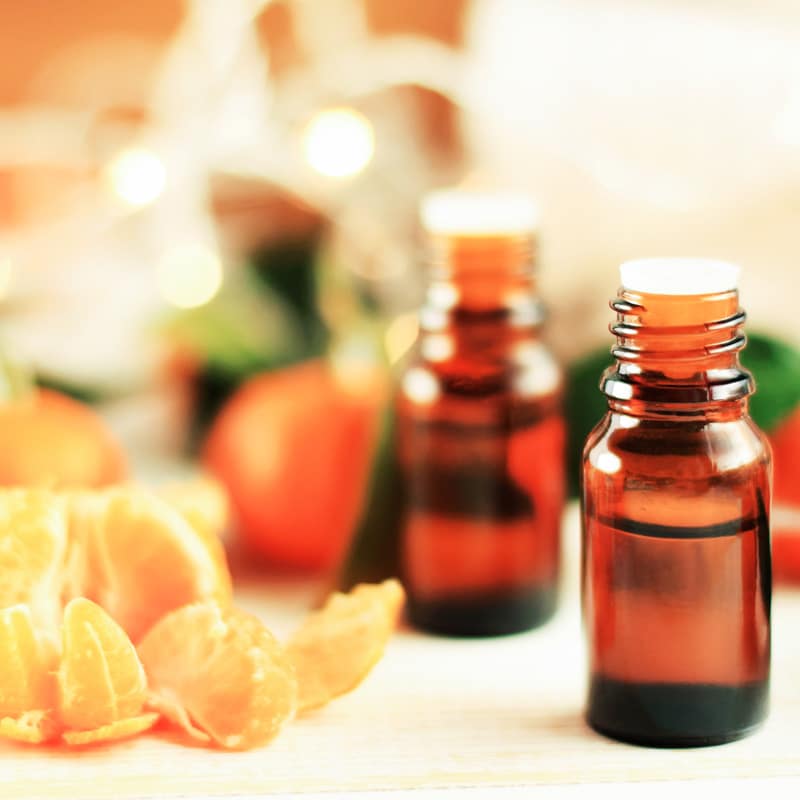
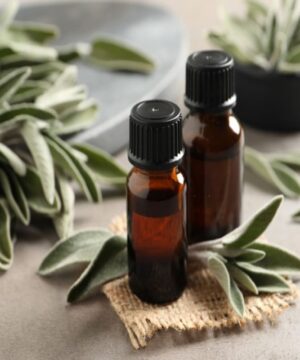
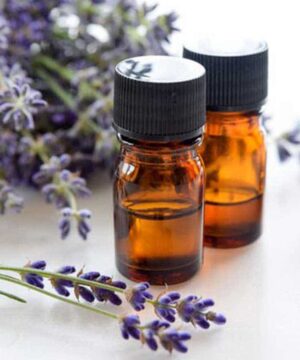
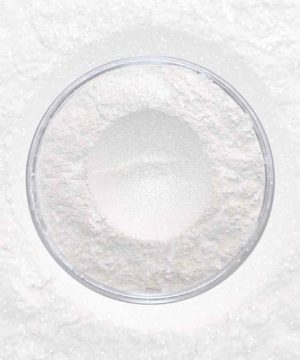
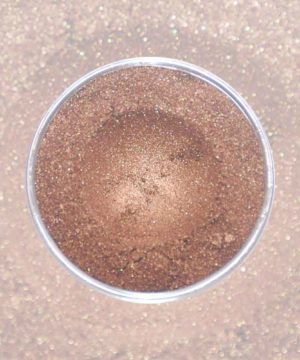
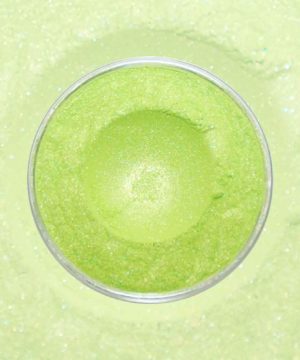
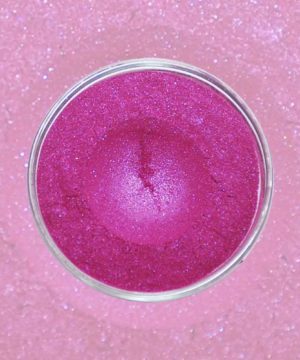
Reviews
There are no reviews yet.